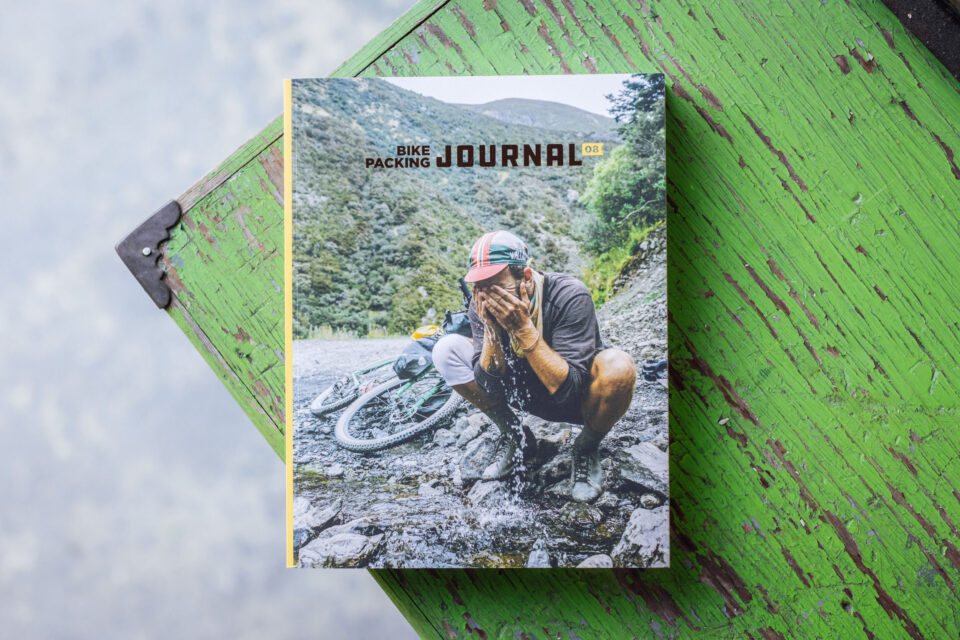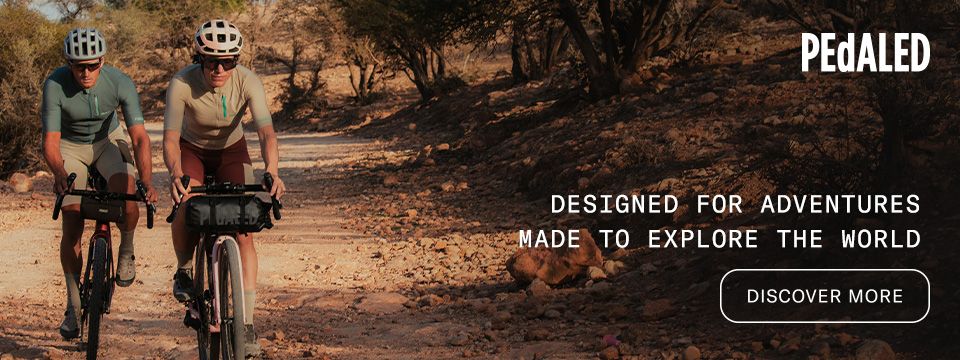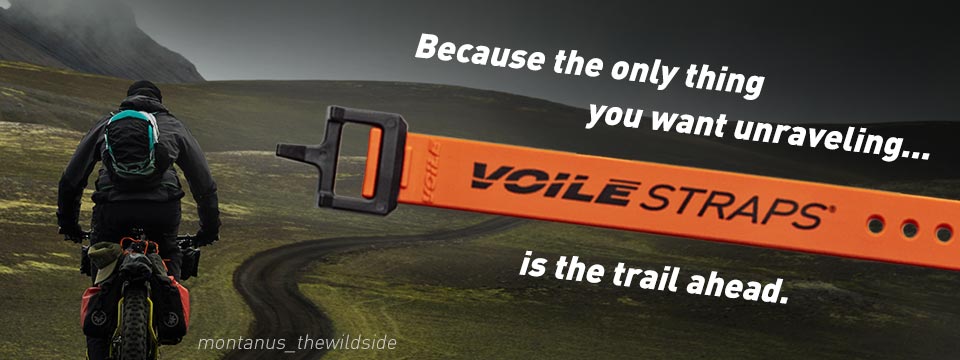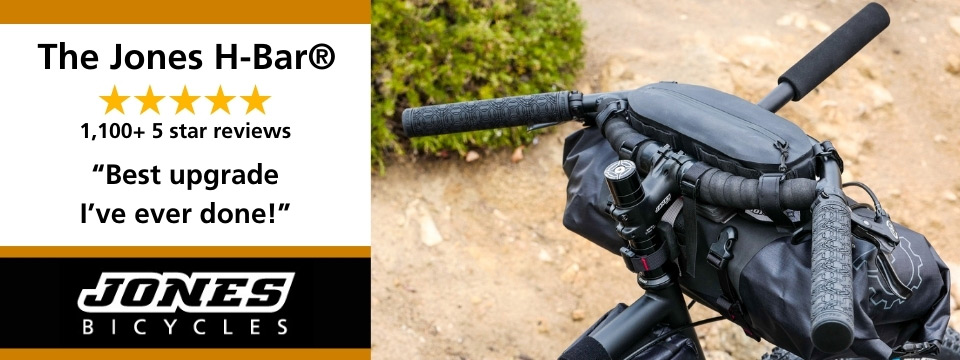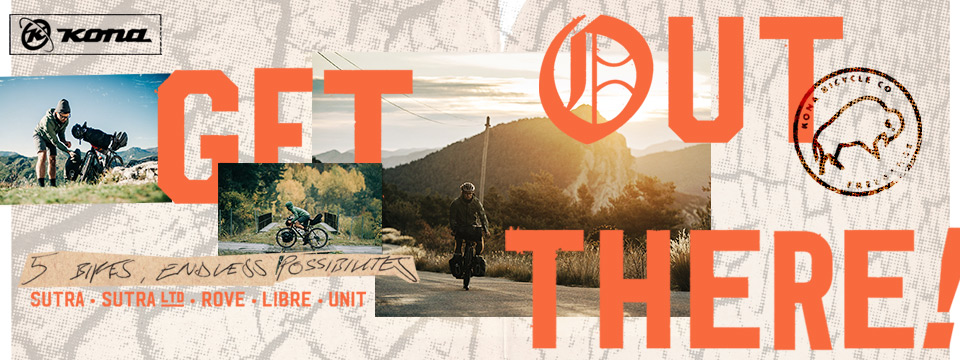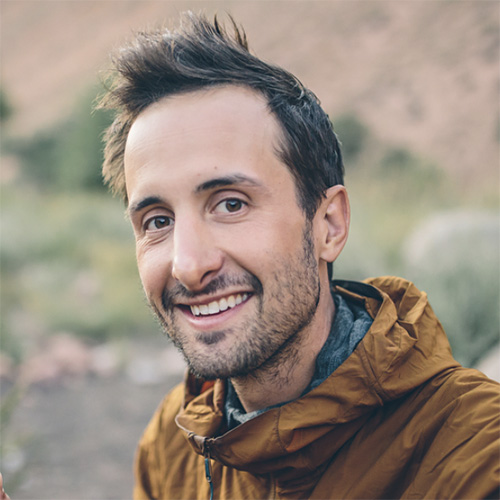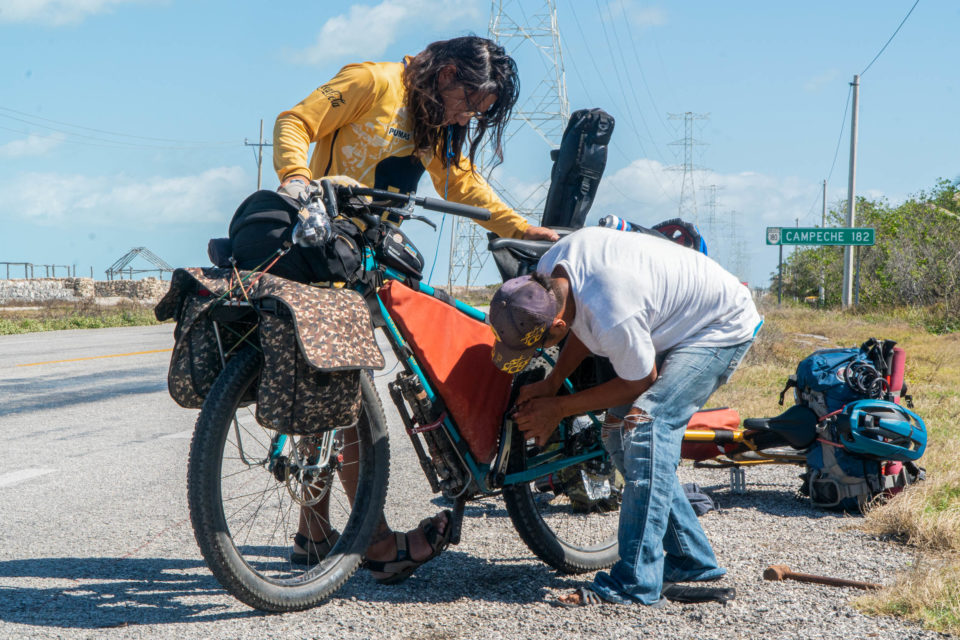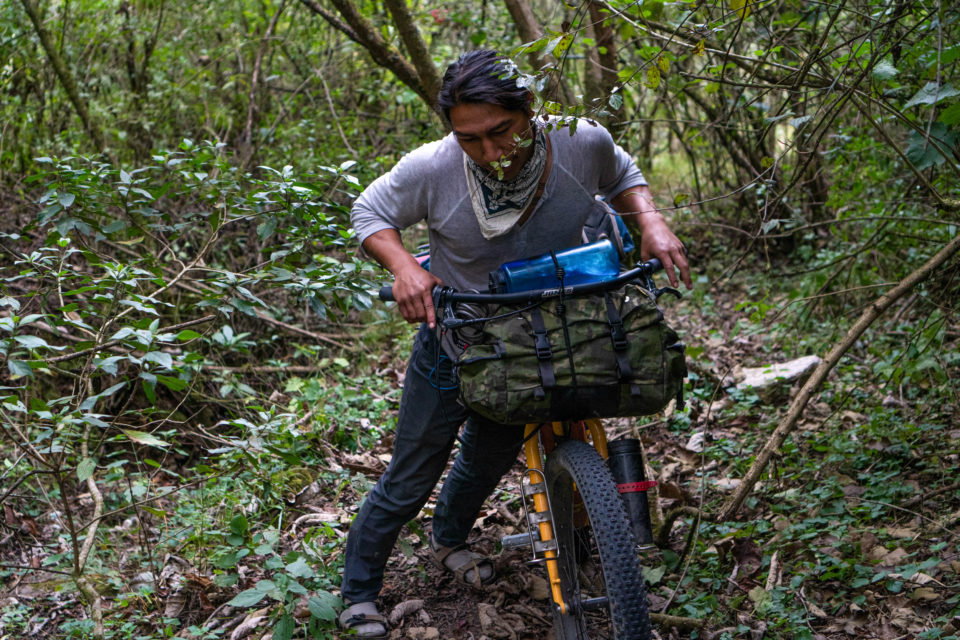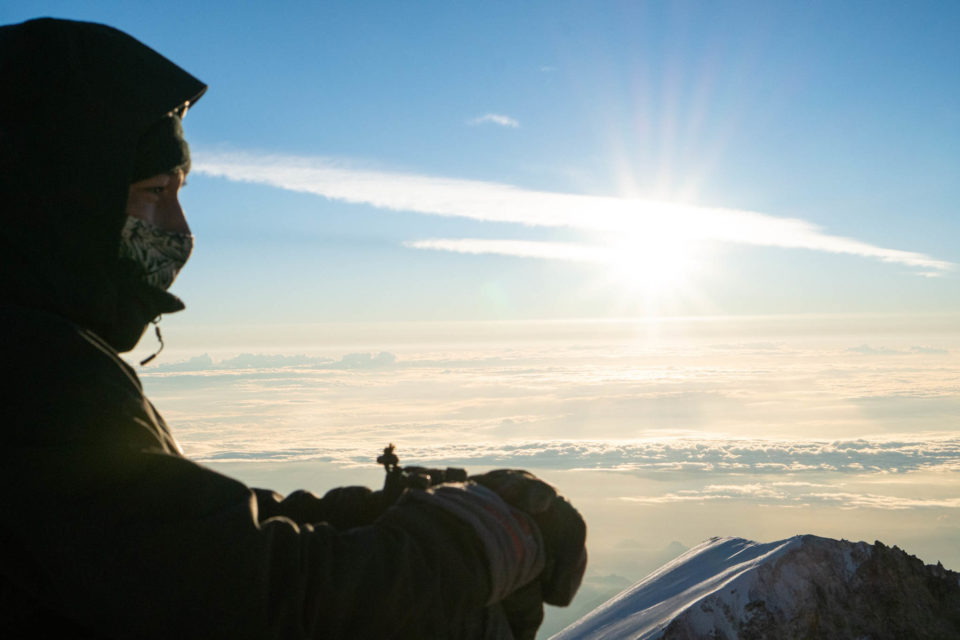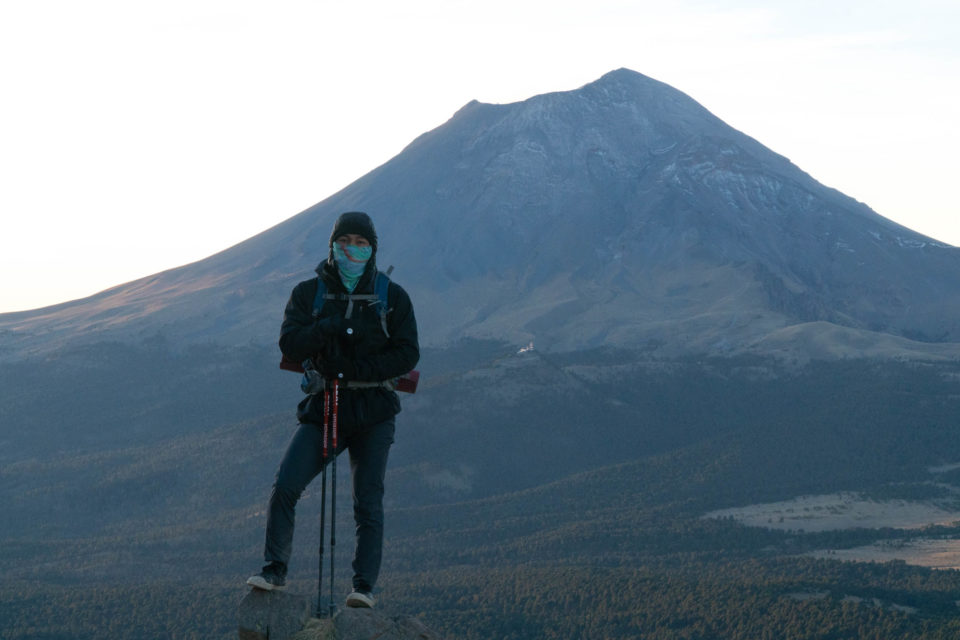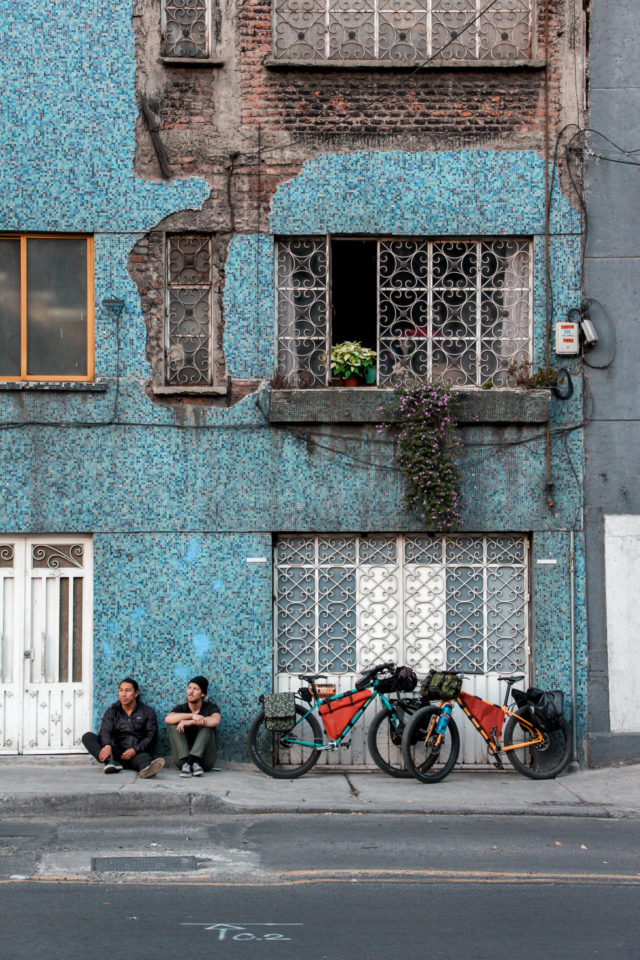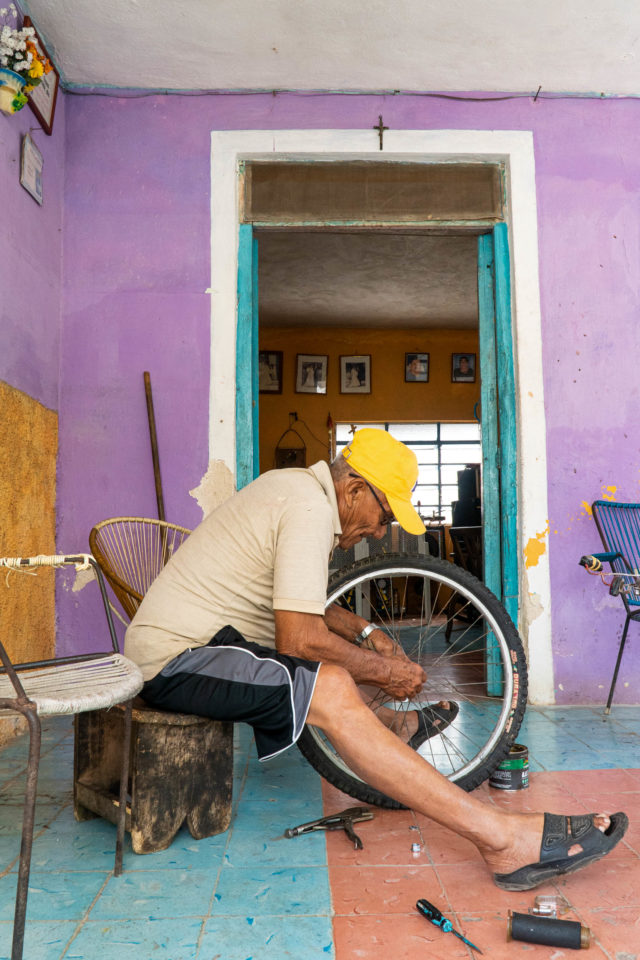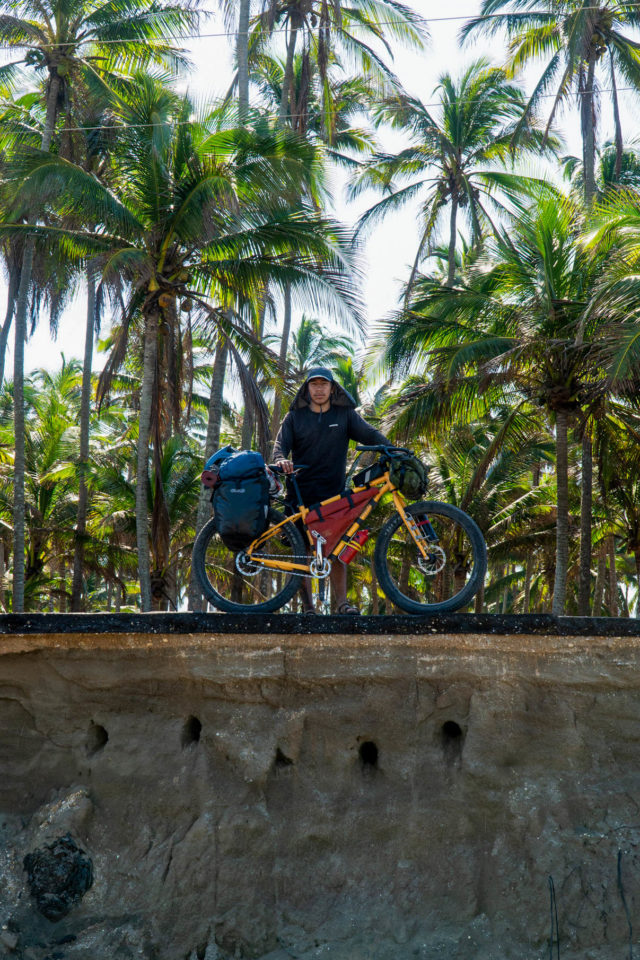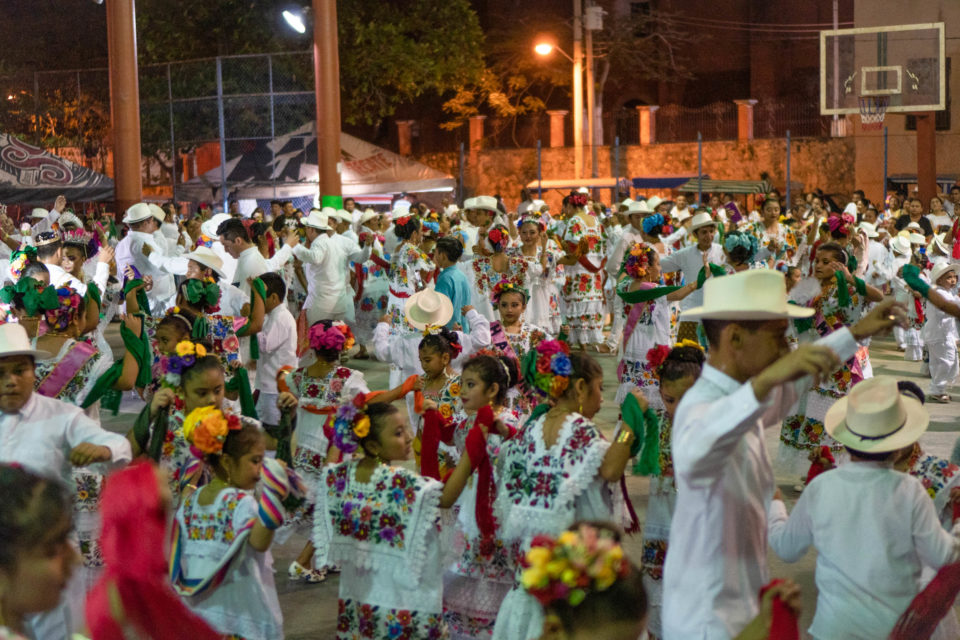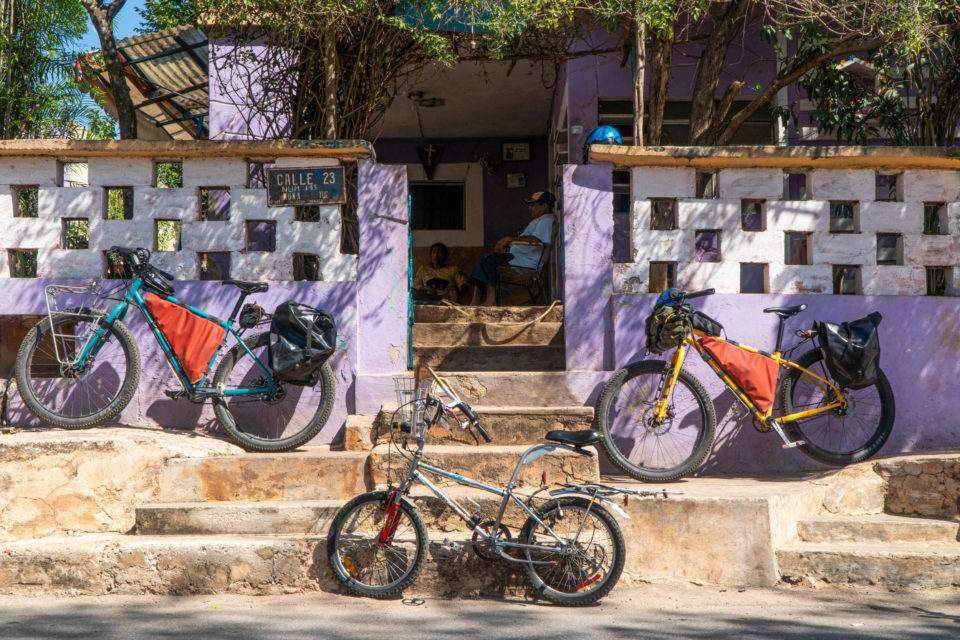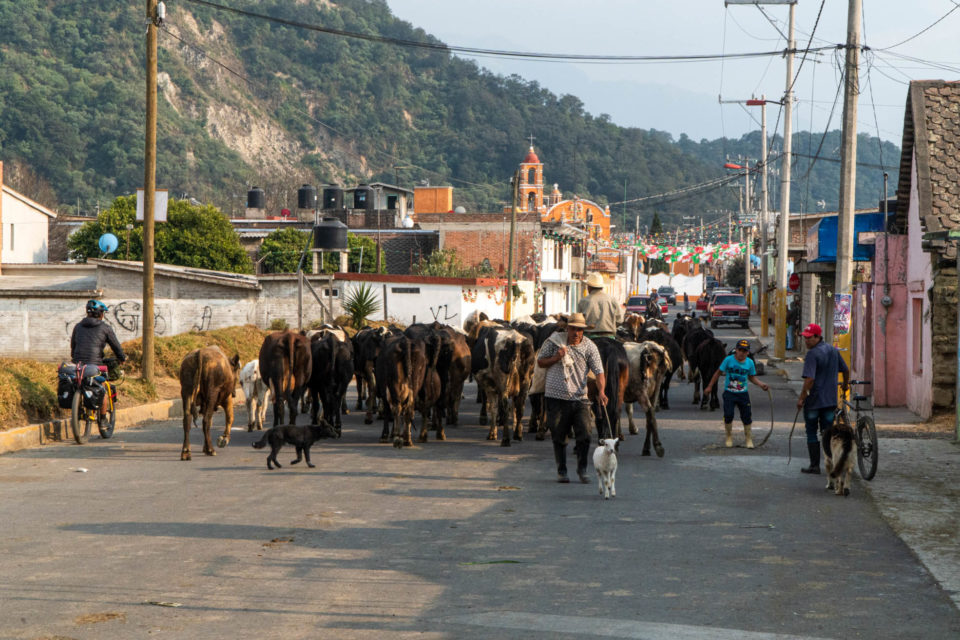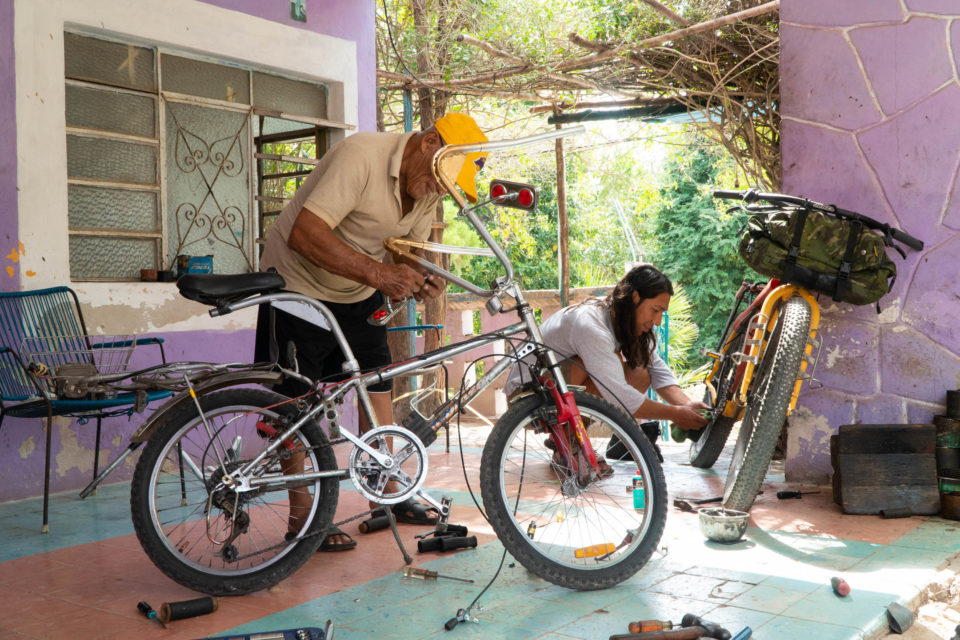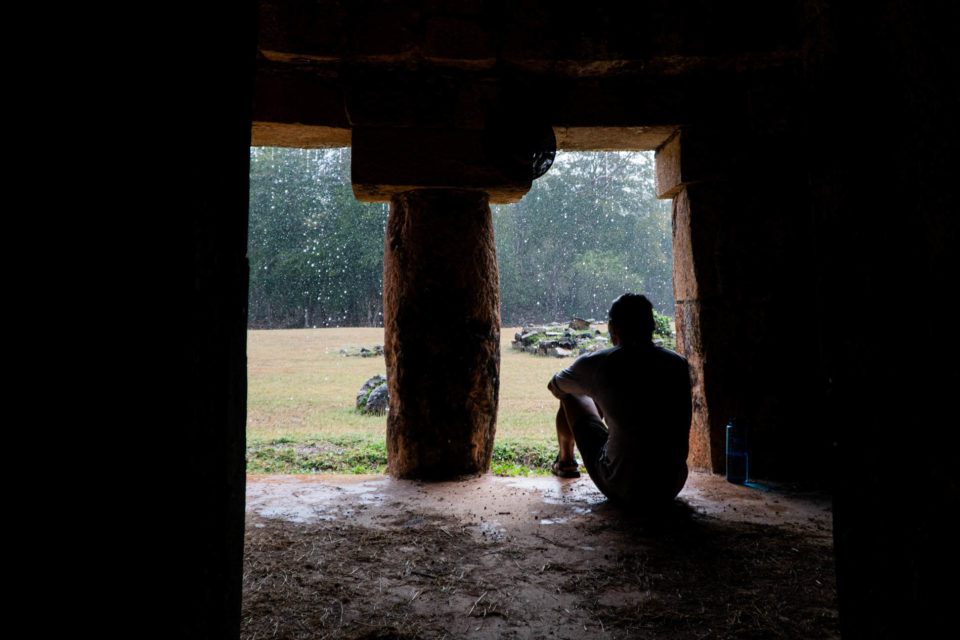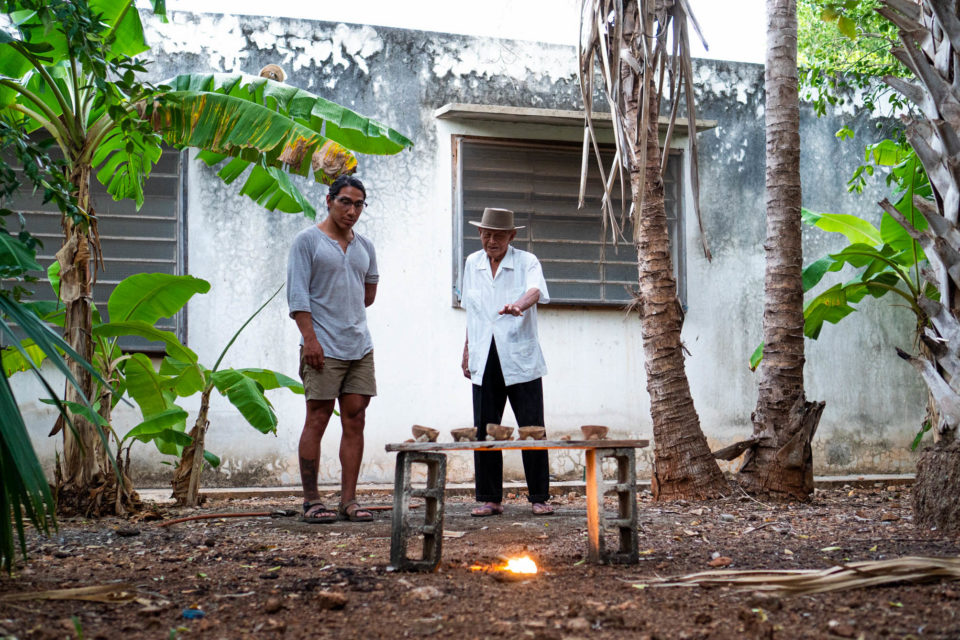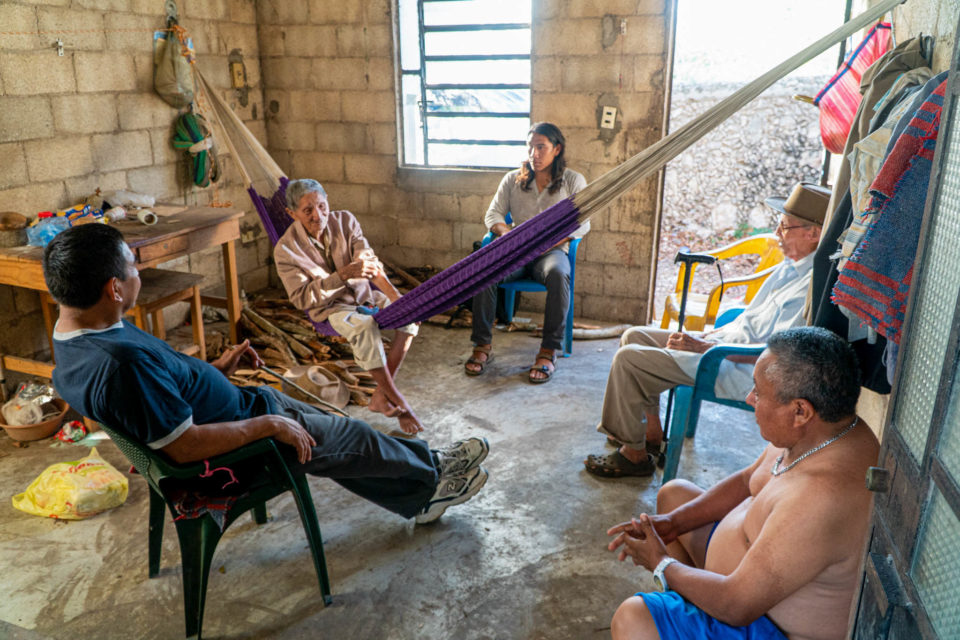Cycle of Ancestry (Film)
Share This
We’re proud to present Cycle of Ancestry, an inspirational short film that follows Mario Ordoñez Calderon’s 1,500-mile bikepacking trip across the Yucatán Peninsula to reconnect with his ancestors and his Mayan roots. Watch the film here, accompanied by photos and a story about the trip…
We were instantly captivated by Cycle of Ancestry when Mario Ordoñez Calderon and Ryder England first shared a draft of their film with us late last summer, and we’ve been eagerly anticipating the day when we could share this beautiful and compelling project with our readers ever since. Today’s that day, and we’re proud to be able to sponsor the film and feature it on the site after years of hard work by the Cycle of Ancestry team.
The film, directed by Ryder and starring Mario, captures the two best friends on an incredible 38-day bikepacking journey from Mexico City and across the jungles, mountains, and beaches of the Yucatán Peninsula, ending in the small town of Muna, where Mario’s parents grew up and many of his family members still live today. Cycle of Ancestry is a heartwarming story of connection—in many forms—and a testament to how bicycle travel can provide a uniquely immersive experience.
You can watch the 10-minute film below, followed by a story from writer Gabriela Aoun that provides a deeper dive into the motivations behind Mario and Ryder’s trip and the abundance of meaning they discovered as they rode across Mexico together.
Words by Gabriela Aoun (@wheresgabs), photos by Ryder England (@ryder.england)
Two hundred and twenty-five miles into a journey from Mexico City to the Yucatán Peninsula, Mario Ordoñez Calderon and Ryder England are dodging boulders at the bottom of a ravine in the Veracruz jungle.
Not natural boulders, but the manmade kind—giant cement blocks that construction workers are throwing from the highway above them. As the two best friends look up in terror, they realize that’s probably the road they’re supposed to be riding on.
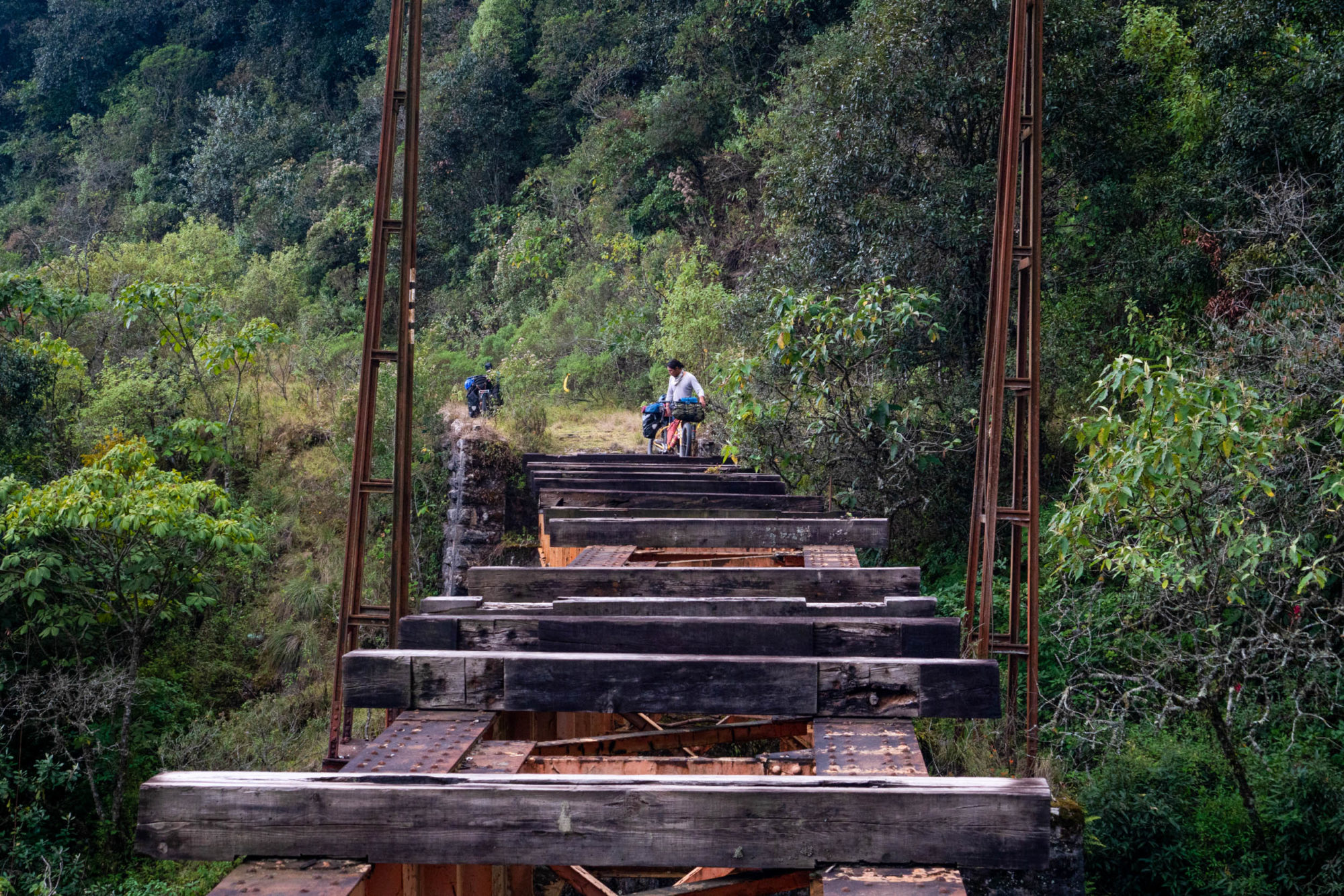
They instead ended up on an overgrown, long-retired railroad track that eventually led to a bridge from which all but a few railroad ties had been removed. They tried to cross the metal beams that were still suspended over an 80-foot drop into the ravine but quickly abandoned the idea and opted to push their bikes through the jungle instead.
This is when Ryder and Mario realized they were caught in a concrete rainstorm. They were lost, fatigued from the 18,000-foot mountain they’d hiked only a few days prior, and acutely aware that the only thing they had at that moment was one another—and hopefully a bit of luck.
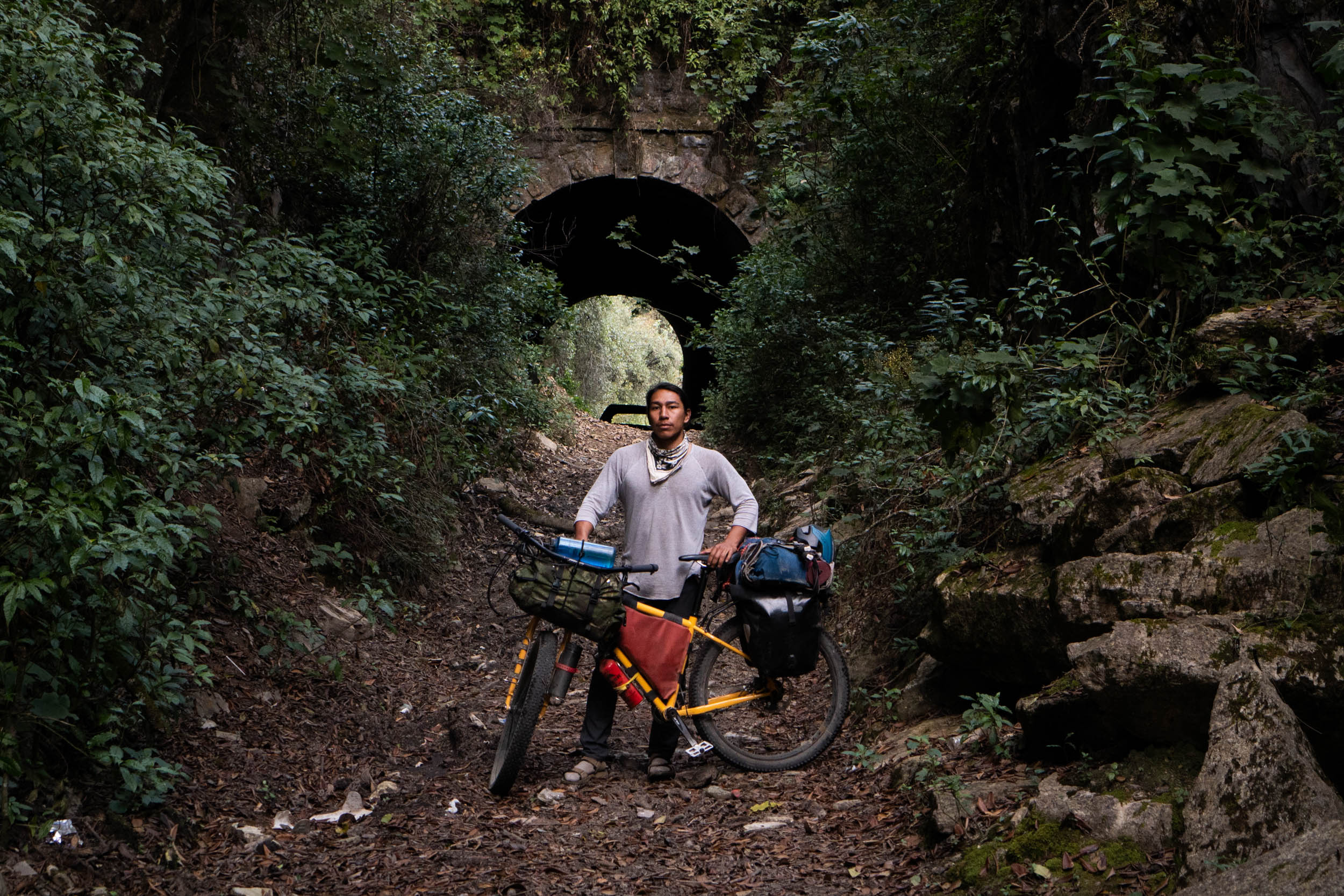
“If anything is going to test your brotherhood, bike across a country with no idea where you’re going,” says Ryder, 27. He and Mario, also 27, have been best friends since they met in 7th grade in Thousand Oaks, California, a suburb just north of Los Angeles. As kids, their first adventure together was a quaint attempt to backpack in the Santa Monica Mountains down the road from where they lived. “I think we packed some cheerios, an orange, and some water,” laughs Ryder. “But it sparked something in us.”
After high school, they began a routine of going on one or two big expeditions a year, surfing in Indonesia, backpacking in South America, but never bikepacking. Until Mario decided to raise money after the 2015 earthquake in Nepal, pledging to bike a mile for every dollar raised. He was surprised—and a little worried—when he raised $1,500. It would have to be an epic trip, but he’d had one in mind for a long time: a journey from Mexico City to Muna, the town where his parents grew up and where his grandfathers, both of Mayan descent, still lived. Mario’s paternal grandfather, Don Juan, was 94 and still rode his bike to get around the small city of 12,000. Don Gilberto, 80, ran a bike repair shop from the front patio of his home, fixing and customizing bikes for the people of Muna, many of whom couldn’t afford cars.
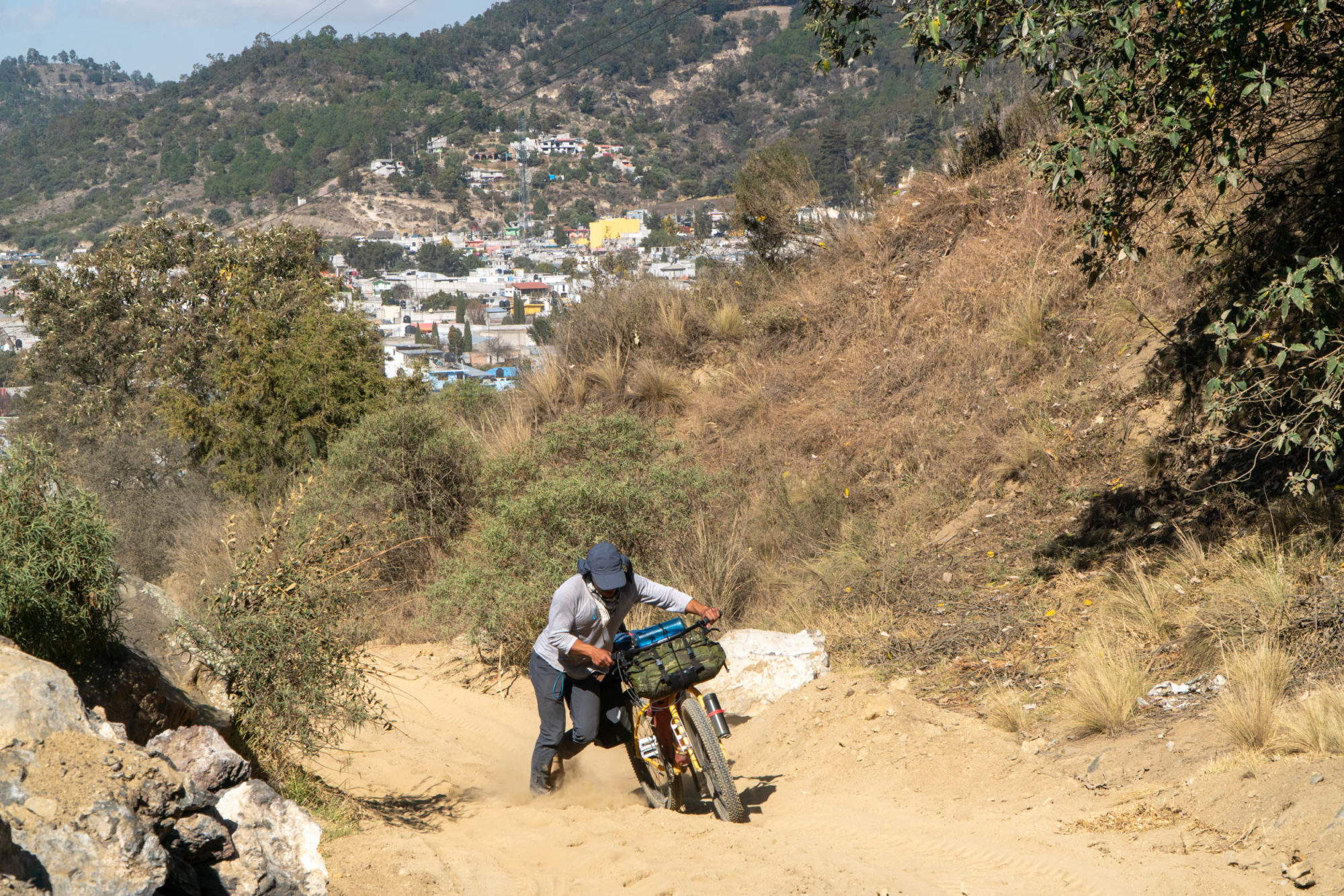
“I realized pretty early in planning that this was actually more than a bike ride,” says Mario, whose parents immigrated to the United States in the 1980s. His father worked as a cook in a restaurant, and his mother cleaned houses. Mario had spent summers in the Yucatán with his family, gleaning Indigenous knowledge from his grandparents in a region of Mexico that is thought to have first been inhabited up to 10,000 years ago. “No one can tell you for sure that you’re going to have this deep, invigorating experience, but I knew we had the potential to have it,” he says.
Ryder, a filmmaker, documents the journey in this short film, Cycle of Ancestry, which depicts Mario’s quest to experience his homeland in the simplest of ways: a self-supported journey with his oldest friend.
While Ryder planned the production aspects of the trip, Mario worked on logistics. He mapped the 1,500-mile route with ascents into the Mexican alpine to climb two volcanic mountains—Iztaccihuatl (17,160 ft.) and the tallest mountain in Mexico, Citlaltépetl (18,491 ft., also known as Pico de Orizaba)—before descending into the tropical terrain of the Veracruz jungle, hugging the alternately dry and lush coastline of Tabasco and Campeche, and finally Yucatán to Muna, about 200 miles shy of Cancun.
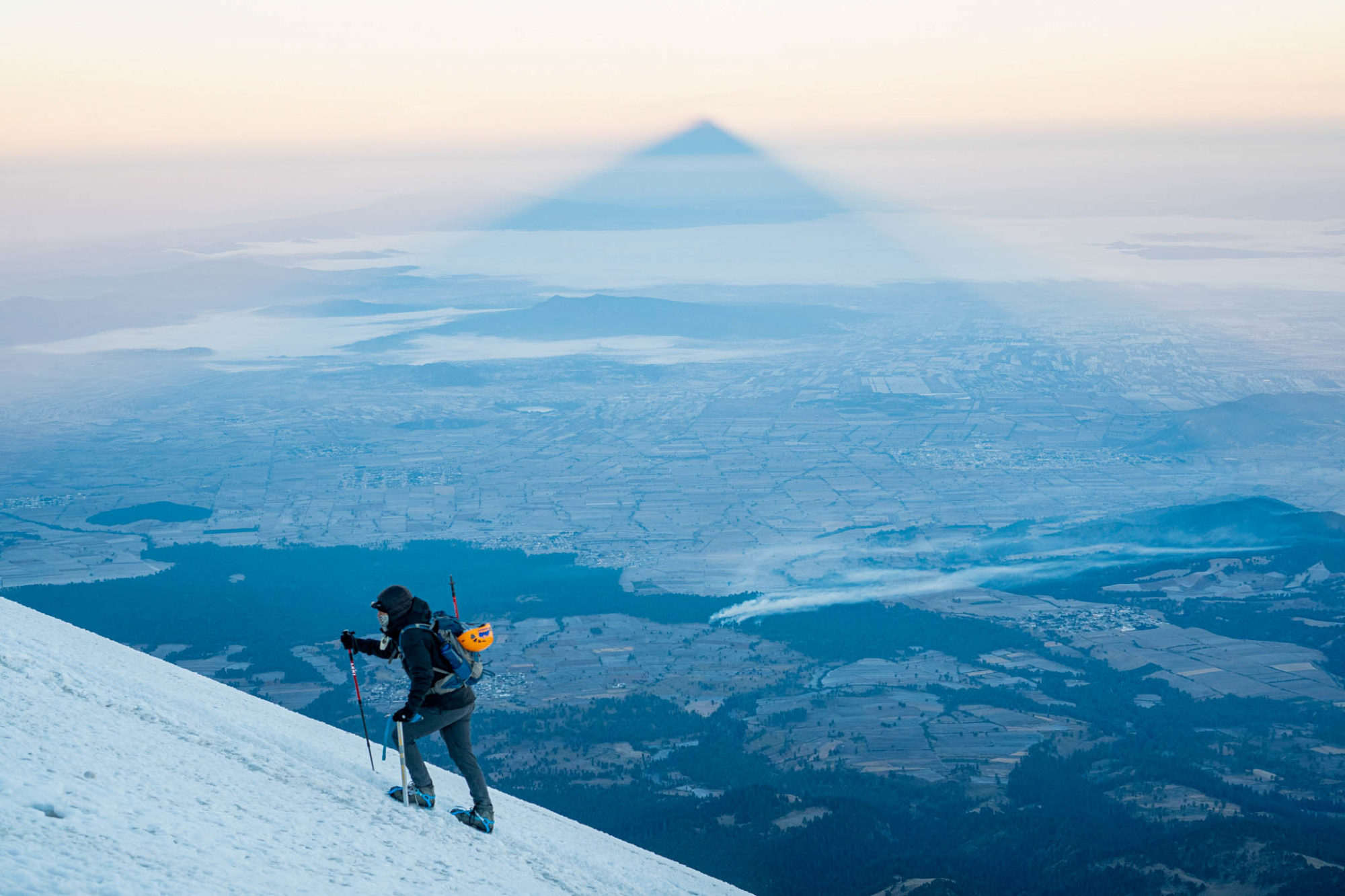
Climbing snow-covered mountains in sub-zero temperatures and later camping on balmy beaches meant the pack list had to cover down jackets and hiking poles as well as swim trunks and sunscreen. Loathe to use precious packing space on hiking boots, Ryder climbed Iztaccihuatl in $12 knock-off Chuck Taylors he bought at Walmart, and Mario biked most of the journey in socks and sandals after losing one of his shoes on the road.
Their bikes still weighed about 100 pounds each, mostly because of Ryder’s film equipment. Still, luckily Dan Malloy of Tumbleweed Bicycle Co. in Boise, Idaho, had taken an interest in their story and lent them two Tumbleweed Prospectors, equipped with Rohloff 14-speed internally geared drivetrains that powered the guys on 5,000-foot ascents without ever having to push.
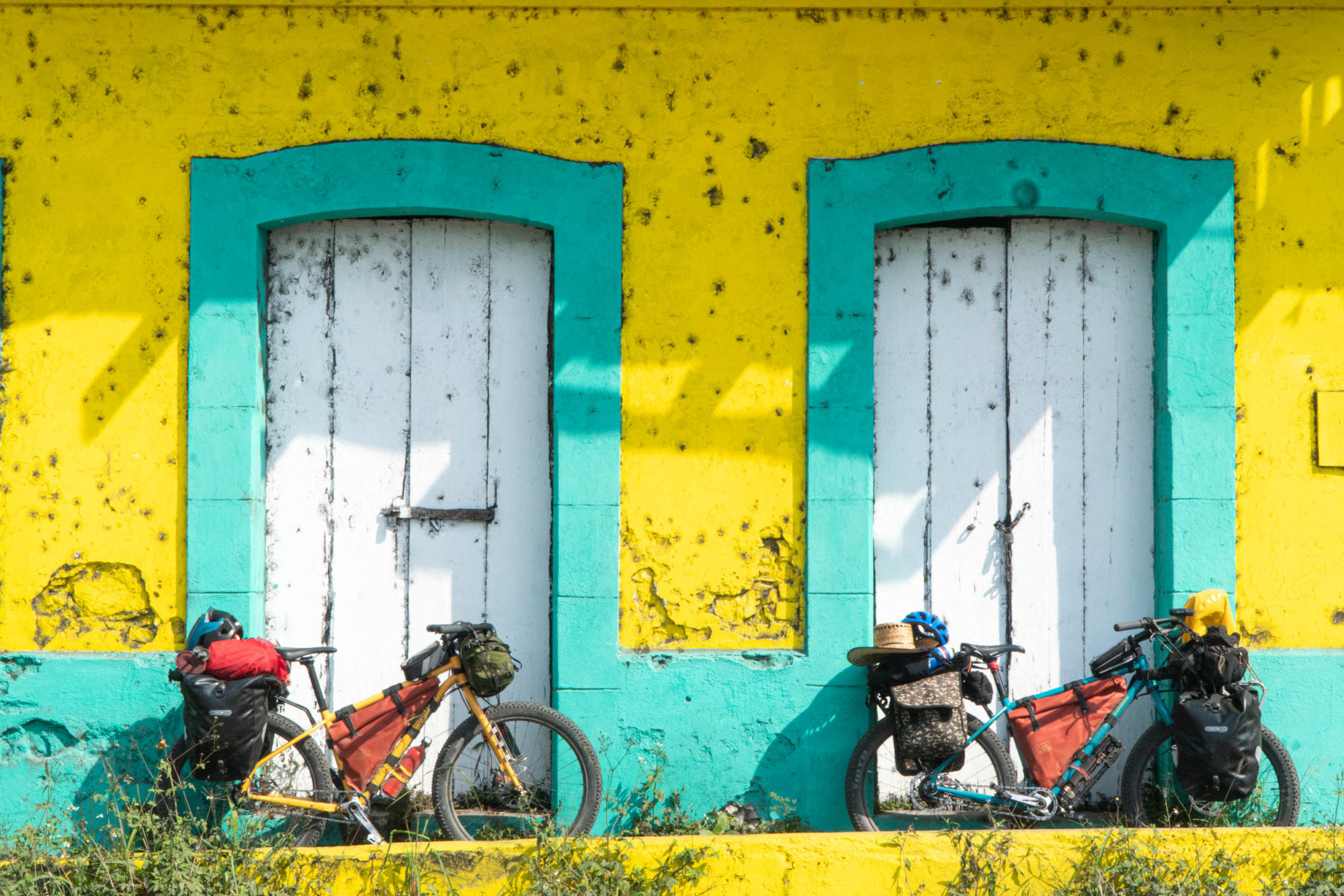
There was no pre-established bikepacking route from Mexico City to the Yucatán, so Mario and Ryder relied on Google Maps to plan the trip. A few weeks before they left, they learned that two European cyclists had been murdered in Chiapas, a state just south of their route. “The notion of us being safe just because we were dirty bikers went out the window,” says Mario. The guys talked it over and decided to proceed. “I realized that I needed to go into this trip being willing to die,” says Ryder. “But that was ok with me because the trip had purpose.”
It turned out that the biggest dangers Ryder and Mario encountered were the threat of getting run down or blown over by a semi on a narrow road, or the occasional time when Google Maps directed them to private property and they found themselves throwing their bikes over barbed-wire fences and trespassing through private ranches. “That’s where the hairs on the back of your neck would stand up,” says Mario, “but we knew that if we backtracked, we’d lose an entire day.” At one point, they encountered a hairpin road covered with crosses of those who’d lost their lives in auto accidents. They tried to hitchhike but never got picked up and decided to take a bus part of the way. “It was a balance of taking pride in cycling the whole way and putting pride aside to stay alive,” says Ryder.
Considering everything that could have gone wrong, it seems miraculous that little did, and what Ryder and Mario mostly encountered was generosity and kindness. “I felt held by Mexico,” says Ryder. “I couldn’t speak Spanish … but there is so much more to love than just words, it’s actions and moments, and willingness to work with each other.”
They set a goal of traveling 50-60 miles a day, staying in tiny pueblos along the way after realizing that safe and viable places to camp were few and far between. In Puebla, they’d asked a police officer if they could sleep in the park for a night, and he’d taken them to the mayor’s office. Staring up at a photo of Mexican President Andrés Manuel López Obrador that hung on the wall as they awaited the mayor, they were certain they were being arrested. Instead, the mayor summoned his wife to vet the pair, after which she arranged for them to stay in the town’s community center, complete with cots, a bath, a hot meal, and a somewhat mandatory tour of the town museum.
Often, the appeal of self-supported trips is the prospect of gaining newfound confidence, one that a traveler might channel toward challenges they confront in their lives back home. “If I can do this, I can do anything” is a common mantra of grueling journeys. But for Mario, the physical challenges put his family’s achievements in perspective, not his own. “When I was hiking an 18,000-foot mountain, I thought, ‘No matter what, this is nothing compared to some of the struggles my dad has gone through by immigrating to the U.S.,'” he says, “‘and what he does on a day to day basis to provide for his family.'”
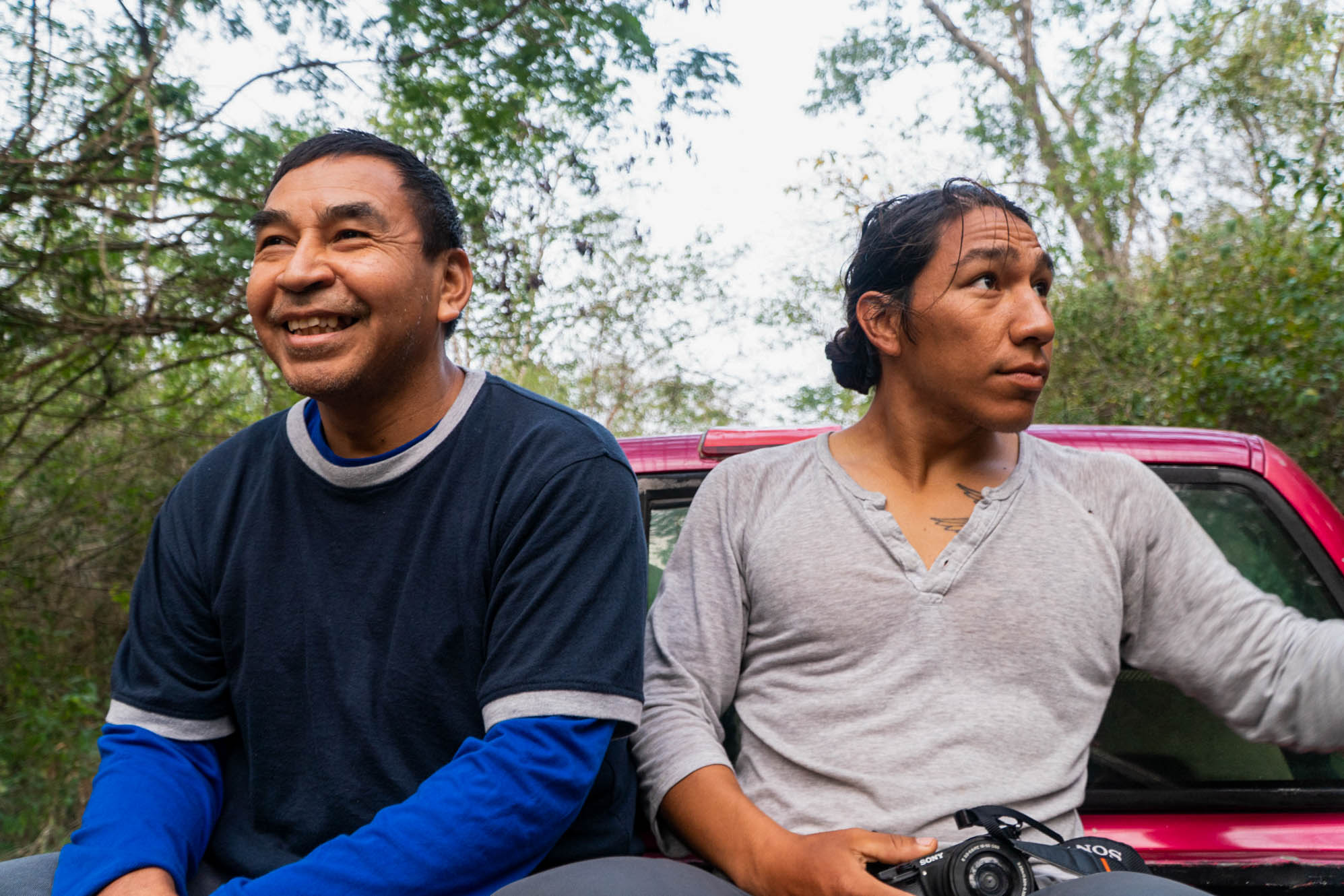
When Mario and Ryder arrived in Muna after 38 days, Mario’s dad was there to meet them, along with 30 more of Mario’s family members. They spent contemplative mornings with Don Juan, who is quiet and pensive, and boisterous afternoons with Don Gilberto, whose bike shop is as much a hangout spot as a repair facility. They filled ceremonial jícara cups with offerings of Saka’ to appease the Alux spirit guardians and learned to put branches of the Sip-che’ tree in their sombreros to protect from mal aire, or bad air. Between the two grandfathers, they had 181 years of wisdom to share with Ryder and Mario, who, after pedaling 1,500 miles, were ready to receive lessons of the earth perhaps better than any other time in their lives.
“I grew up in a suburb in LA,” says Ryder, “and I thought that Indigenous knowledge was a faraway thing. But it is still all around us. Little did I know that I was connected to it by my best friend, whose grandpas still have so much knowledge of how to treat the land and people.”
Last May, Mario’s grandfather Don Gilberto, passed away at age 82. He’d worked for the government before retiring and starting his bike shop, planning many of the roads Mario and Ryder had ridden to reach him in Muna. He loved to sing and play music and delighted in building custom bikes with chopper-like ape handlebars, so ergonomically disproportionate that many struggled to pedal them. “Not everyone can ride my bikes,” he’d chuckle, but he could, and he’d cruise down Muna’s streets blaring his radio and flashing his custom lights. He wouldn’t have a chance to see Ryder’s film about the trip his grandson had made to visit him, but Gilberto’s influence would be felt throughout it. In the film, Mario reflects, “I never would have imagined the bike to become such a family symbol,” says Mario, but now “I understand the bike to be much more than just a mode of transportation.”
Please keep the conversation civil, constructive, and inclusive, or your comment will be removed.




